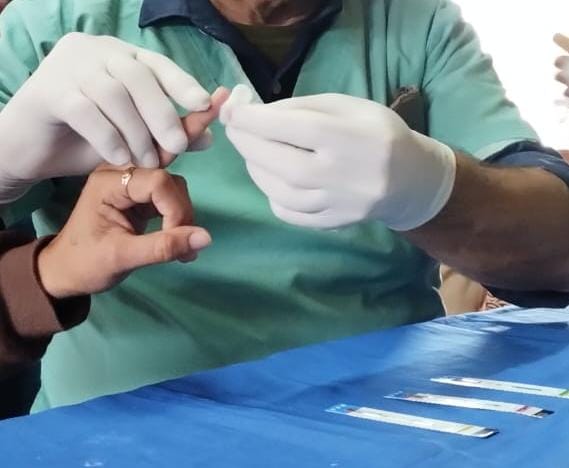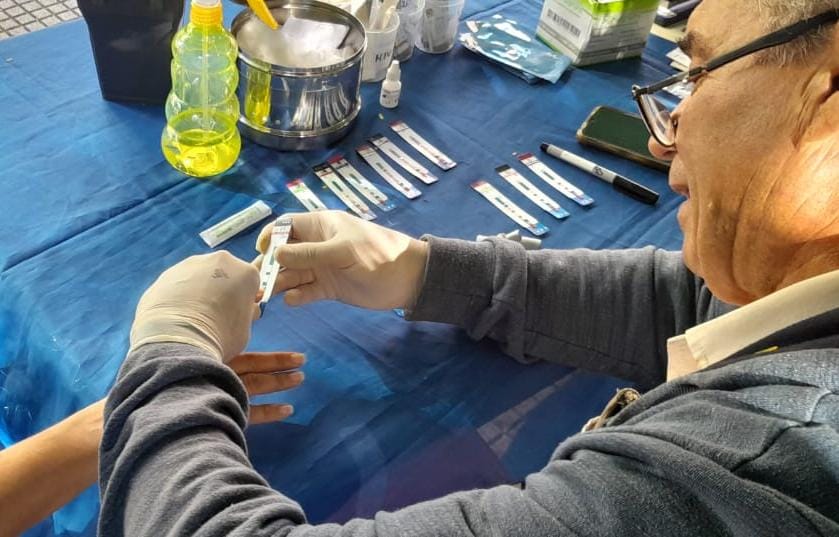To commemorate World Viral Hepatitis Day on 28 July, the Ministry of Health and Human Development organized a day of awareness and testing at the City Hall. The importance of early detection of these liver diseases and promotion of preventive measures was emphasized during the meeting. In addition, a rapid test is available, providing results in as little as 15 minutes with a finger prick.
Health medical director Constanza González explained that viral hepatitis is caused by different types of viruses, including types A, B, C, D and E. Symptoms of these diseases are rather non-specific, mainly manifesting as gastrointestinal problems, nausea and yellowing of the skin due to increased bilirubin due to liver damage. “Abdominal pain is also common, which can make early diagnosis difficult,” he added.
treatment and prevention
Gonzalez assured that there are effective treatments for viral hepatitis and that vaccination is recommended as a preventive measure if the test is negative and the vaccine is not vaccinated. “For example, the hepatitis B vaccine has been offered as part of the national vaccination calendar since 2012,” he said.
He noted, on the other hand, that hepatitis C is the most complex due to its asymptomatic and asymptomatic nature. “Despite recent advances in more effective treatments with fewer side effects, treatment cost remains a challenge,” he clarifies. For all these reasons, he said early detection is critical to prevent the infection from entering the chronic phase and causing long-term liver damage.
Importance of inspection
The Medical Director of Health emphasized the importance of having a full body checkup at least once a year and, if possible, testing for hepatitis every six months, especially for those who are at higher risk of cases or who may have been exposed to these viruses.. He said: ” Viral hepatitis can be a silent disease, but with blood tests and rapid testing, they can be detected quickly and treated appropriately.”
Prevention is the best way to prevent viral hepatitis. Getting vaccinated against hepatitis A and B, practicing safe sex and avoiding needle sharing are important steps to stop the spread of these diseases. Maintaining personal hygiene and washing hands frequently are also simple but effective actions. “Together we can fight viral hepatitis and secure a healthier future for all,” Gonzalez concluded.

Ministry of Health

